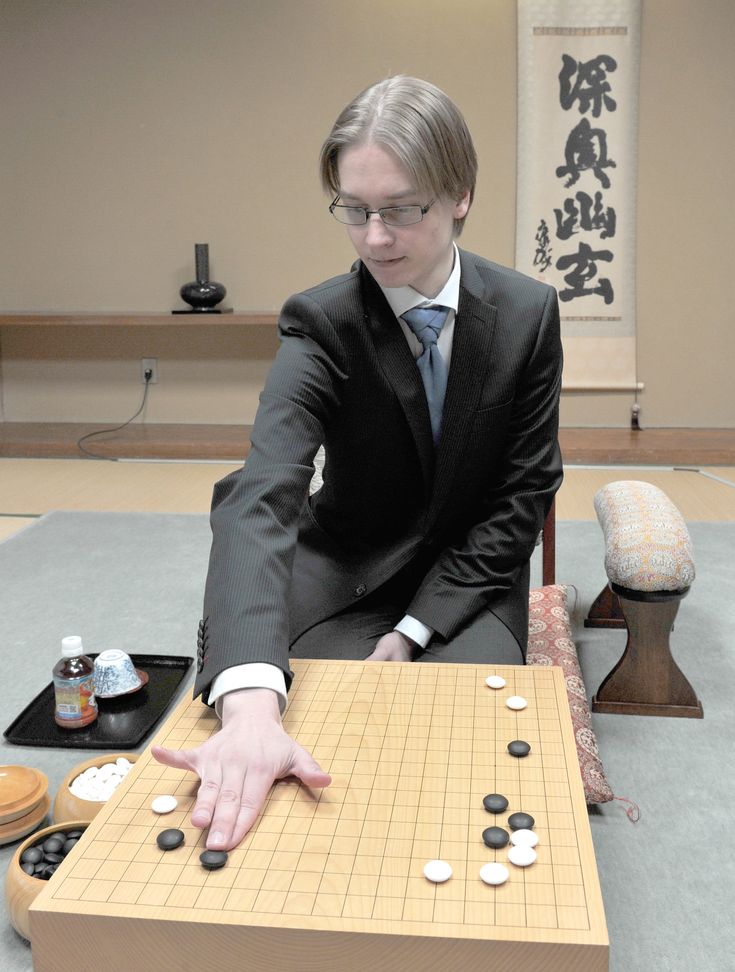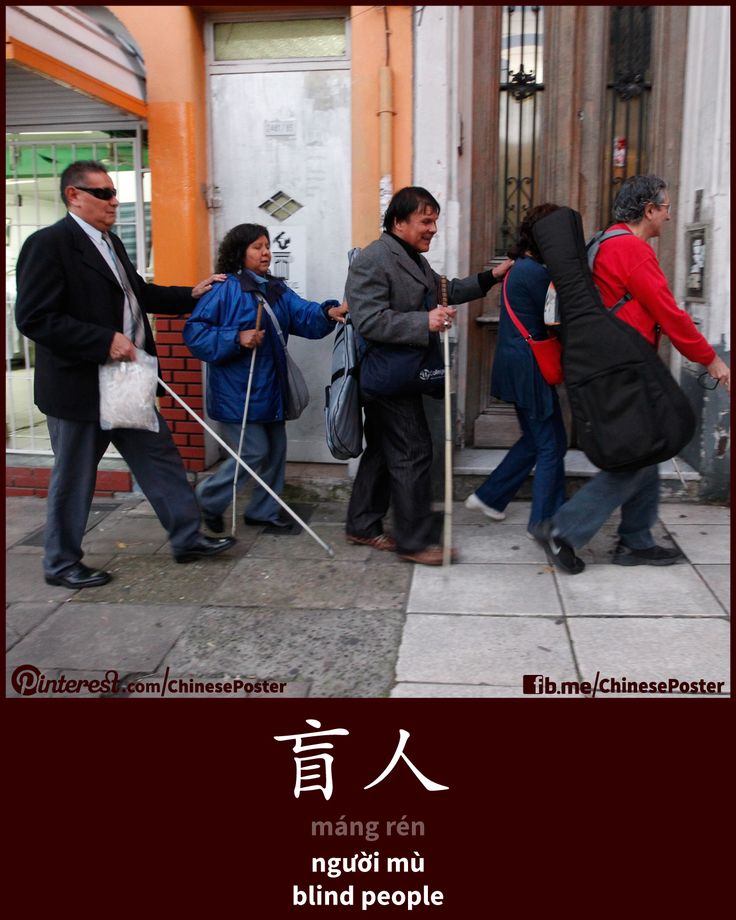Japan. The name itself conjures images of serene cherry blossoms, hyper-modern cityscapes, impossibly polite people, and a culinary scene that has conquered the world. It’s a country that seems to function with a beautiful, almost silent efficiency. But beneath this pristine surface lies a complex and ancient web of social rules, unspoken agreements, and profound taboos.
This isn’t your standard list of “take your shoes off indoors” and “don’t stick chopsticks in your rice.” While those are important, we’re diving deeper. We’re exploring the cultural undercurrents that dictate behavior in ways that can be utterly baffling—and sometimes shocking—to an outsider. Understanding these isn’t just about avoiding an embarrassing faux pas; it’s about unlocking a deeper appreciation for one of the world’s most fascinating cultures.
Ignoring these unwritten laws can lead to confusion, offense, and missed connections. So, before you book your ticket, or even if you’re just a culture enthusiast, consider this your essential briefing. This is what you need to know before it’s “too late” and you find yourself in the middle of a social minefield.
The Foundation: Understanding Wa (和)

Before we list the taboos, we must understand the single most important concept governing Japanese society: Wa (和). Often translated as “harmony,” Wa is the cultural imperative to maintain a peaceful, cooperative, and conflict-free environment within a group. Many of the taboos below are designed, in one way or another, to protect the Wa. Breaking a taboo isn’t just rude; it’s a disruptive act that introduces discord into a space that is meant to be harmonious. Keep this concept in mind as we explore.
The 15 Mind-Blowing Taboos
1. The Art of Silence: Public Transport is a Sanctuary
The Taboo: Having a conversation, especially on a cell phone, on a train or bus.
The “Why”: In the West, a train car can be a lively space of chatter and phone calls. In Japan, it’s a quasi-sacred space of public quiet. This isn’t just about being polite; it’s a profound respect for the shared environment. In a country with such high population density, public space is precious. Your personal conversation is seen as an acoustic invasion, forcing everyone else to be an unwilling participant in your private life. It directly disrupts the Wa of the commute.
What to Do Instead: Put your phone on silent (called “manner mode” in Japan). If you must take a call, speak in a hushed whisper for a few seconds to say you’ll call back, or better yet, get off at the next stop. Texting is perfectly fine. Observe the locals: you’ll see a carriage full of people on their phones, but you won’t hear a thing.
2. The Tipping Trap: Your Generosity Can Be an Insult
The Taboo: Tipping for service, whether at a restaurant, in a taxi, or at a hotel.
The “Why”: This one truly blows minds. In many cultures, a tip is a sign of gratitude for excellent service. In Japan, it can be interpreted as an insult. The reasoning is twofold. First, good service is the standard, not the exception; it’s already included in the price. The Japanese concept of omotenashi (wholehearted hospitality) means they strive to provide the best service without any expectation of a reward. Second, leaving extra money can imply that you believe the establishment doesn’t pay its staff enough, which can be embarrassing and demeaning for the employee and the business.
What to Do Instead: A simple, sincere “gochisousama deshita” (it was a delicious feast) at a restaurant or “arigatou gozaimasu” (thank you very much) is the highest form of praise. Your server will chase you down the street to return the money you “forgot” on the table.
3. The Pouring Paradox: Never, Ever Serve Yourself First
The Taboo: When drinking in a group (alcohol or even tea), pouring your own drink.
The “Why”: This is a beautiful ritual of social bonding and hierarchy. Pouring a drink for others is a sign of respect, care, and friendship. Conversely, pouring for yourself is seen as slightly selfish and antisocial. The custom dictates that you should be attentive to the glasses of those around you, and they, in turn, will be attentive to yours. It’s a constant, subtle dance of mutual service that reinforces the group’s cohesiveness.
What to Do Instead: Always keep an eye on your companions’ glasses. If you see one getting low, pick up the bottle (with two hands for extra politeness) and offer to pour. Someone will soon return the favor. If your glass is empty, the polite way to signal you’d like a refill is to pour for someone else first.
4. The Tattoo Taboo: Ink’s Unshakeable Link to Crime
The Taboo: Openly displaying large tattoos, especially at gyms, swimming pools, and traditional hot springs (onsen).
The “Why”: While tattoos are mainstream in the West, in Japan, they carry a powerful and persistent stigma due to their historical association with the yakuza, or Japanese organized crime. For centuries, intricate full-body tattoos (irezumi) were used to mark criminals and were later adopted by the yakuza as a symbol of loyalty and toughness. Even though many young Japanese people now have small, fashionable tattoos, the older generation and many establishments still hold this strong association. A visible tattoo can genuinely frighten some older Japanese people.
What to Do Instead: Most onsen, pools, and gyms have strict “no tattoo” policies. Some may allow you to enter if you can cover your tattoos with waterproof bandages. Always check the policy beforehand. While walking around a city like Tokyo is generally fine, being mindful and covering up in more formal or traditional settings is a sign of respect for this deep-seated cultural fear.
5. The Business Card (Meishi) Ritual: It’s Not Just a Piece of Paper
The Taboo: Treating someone’s business card casually.
The “Why”: In the Japanese business world, a business card (meishi) is considered an extension of the person themselves. How you treat the card is how you treat them. Mishandling it is a grave sign of disrespect.
The Ritual:
-
Giving: Present your card with both hands, turned so the recipient can read it.
-
Receiving: Accept the card with both hands.
-
Studying: Take a moment to read it carefully. Acknowledge their name and title.
-
Placing: During a meeting, place the cards on the table in front of you, arranged according to the seating order. The most senior person’s card goes on top of your card case.
-
Never: Do not write on the card in front of them. Do not fold it. Do not casually stuff it into your back pocket.
What to Do Instead: Invest in a nice card case. Practice the ritual. It shows you understand and respect their corporate culture, and it will make a powerful first impression.
6. The Number of Death: Tetraphobia is Real

The Taboo: The number four (4).
The “Why”: This is a simple case of phonetics with profound implications. The Japanese word for four, shi, is a homophone for the word for death (死). This superstition is taken very seriously. You will often find that hospitals and some hotels do not have a fourth floor or rooms with the number 4. Gifting items in sets of four is considered extremely unlucky and inauspicious, akin to wishing death upon the recipient. The number nine (ku) is also sometimes avoided, as it sounds like the word for suffering or torture (苦).
What to Do Instead: Be mindful when buying gifts. Sets of three or five are always safe bets. Don’t be surprised if your hotel elevator jumps from floor 3 to 5. It’s a small detail that reveals a deep cultural belief.
7. The Walking and Eating Conundrum
The Taboo: Eating or drinking while walking down the street.
The “Why”: This goes against two core Japanese principles: cleanliness and focus. Japanese cities are famously clean because people take personal responsibility for their trash. Eating on the move creates the potential for spills and mess. Furthermore, there’s a belief that an activity, especially the pleasure of eating, deserves one’s full attention. You should stand or sit to properly enjoy your food.
What to Do Instead: If you buy a snack or drink from a convenience store or street vendor, the polite custom is to consume it right there, either inside the store or in the designated area just outside. Then, dispose of your rubbish in the correct bin before moving on. The main exception is during festivals (matsuri), where eating street food on the go is part of the fun.
8. The Gift-Giving Gauntlet: The Endless Cycle of Obligation
The Taboo: Accepting a gift without later giving one in return.
The “Why”: Gifting in Japan is an intricate system of social obligation. When you receive a gift (okurimono), you are expected to give a return gift (okaeshi). The okaeshi should typically be about half the value of the original gift. This isn’t just about souvenirs; it applies to favors, help, and invitations. This system, while intended to show gratitude, can create a cycle of social debt and pressure that is a constant undercurrent in relationships. The wrapping of the gift is also often considered more important than the gift itself.
What to Do Instead: As a tourist, you are largely exempt from the deepest levels of this. However, if you are invited to someone’s home, bringing a small, well-wrapped gift (like a specialty from your home country or a nice box of sweets) is essential. If a Japanese colleague gives you a gift, be prepared to reciprocate with something of lesser value at a later date.
9. The Unspoken “No”: The Terror of Direct Confrontation

The Taboo: Saying “no” directly.
The “Why”: This is a cornerstone of maintaining Wa. A direct refusal is seen as confrontational, harsh, and disruptive. It can cause the other person to “lose face” and creates an awkward, disharmonious situation. Instead of a blunt “no” (iie), the Japanese employ a rich vocabulary of ambiguity and indirectness.
How to Spot an Indirect “No”:
-
“Chotto…” (It’s a little bit…) – This is the most common and powerful soft “no.”
-
“Kangaete okimasu.” (I’ll think about it.)
-
“Muzukashii desu ne.” (That’s difficult, isn’t it?)
-
Sucking air through the teeth with a slight hiss.
What to Do Instead: Frame your own refusals softly. Instead of “No, I can’t,” try “That might be a little difficult for me.” When you ask a question, learn to listen for the hesitation and ambiguity that means “no.” This requires attuning yourself to the subtleties of tatemae (one’s public face) and honne (one’s true feelings).
10. The Imperial Question: The Emperor is Not a Casual Topic
The Taboo: Casually discussing, criticizing, or joking about the Emperor and the Imperial Family.
The “Why”: Before and during WWII, the Emperor was considered a living god. While his divine status was renounced after the war, the Imperial Family remains a deeply respected and powerful symbol of the Japanese state and its continuity. For many, particularly the older generation, the Emperor is sacrosanct. Bringing up the topic, especially in a critical or overly familiar way, is seen as deeply disrespectful to the nation itself. It’s a topic that is simply off-limits for casual conversation.
What to Do Instead: Just don’t. It’s highly unlikely to come up in conversation, but if it does, it’s best to listen respectfully and not offer strong opinions. Think of it with the same sensitivity you might apply to a deeply held religious belief.
11. Pointing with a Purpose: The Finger is an Accusation
The Taboo: Pointing at people with your index finger.
The “Why”: While a simple gesture, pointing directly at someone with an index finger is considered rude and aggressive, almost like a physical accusation. It singles someone out in a culture that values group identity over individuality.
What to Do Instead: When you need to indicate a person, use a gentle, open-handed gesture in their general direction. To refer to yourself, you don’t point at your chest with a finger; you touch the tip of your nose.
12. The Scent of a Person: Perfume is a Personal Invasion
The Taboo: Wearing strong perfume or cologne.
The “Why”: Similar to noise on a train, a strong scent is seen as an imposition on the shared public space. In a crowded country, overwhelming someone’s senses is a breach of etiquette. The Japanese aesthetic values subtlety and cleanliness. A strong, artificial scent can be seen as an attempt to cover something up and is generally considered unpleasant.
What to Do Instead: If you wear a scent, make sure it is extremely light and subtle—so much so that only someone in a very close embrace would notice it. When in doubt, go without.
13. The Silence Around Mental Health
The Taboo: Openly discussing personal mental health struggles.
The “Why”: This is a modern and deeply sensitive taboo. Culturally, there is an immense emphasis on endurance, stoicism, and resilience, encapsulated in the word gaman (我慢), which means “to persevere through difficult times with patience and dignity.” Admitting to depression or anxiety can be perceived as a personal failing, a lack of gaman, or a weakness that burdens one’s family or company. This creates a powerful stigma that prevents many from seeking help.
What to Do Instead: This is less about tourist behavior and more about cultural understanding. Be aware that the open-dialogue approach to mental health common in the West is not the norm here. If you are interacting with Japanese friends or colleagues, avoid prying into their personal emotional state and be sensitive to the cultural pressure to always present a stoic, capable face.
14. Jaywalking: The Unforgivable Social Crime
The Taboo: Crossing the street against the light, even when there are no cars.
The “Why”: On the surface, this seems minor. But in Japan, it’s a shocking breach of social order. You can stand at an empty intersection in the dead of night, and a crowd of people will wait patiently for the little green man to appear. Why? It’s about a collective agreement to follow the rules for the good of society. Breaking that rule, even when it’s “safe,” is a selfish act. It signals that your personal convenience is more important than the social contract. It also sets a bad example for children, a responsibility that is taken very seriously.
What to Do Instead: Just wait. It’s a simple, powerful way to show you respect the local culture. Resist the urge to dash across the empty street; you will get stared at, and it will immediately mark you as a disorderly outsider.
15. The Burakumin: Japan’s Hidden, “Untouchable” Taboo
The Taboo: Discussing the Burakumin (部落民).
The “Why”: This is arguably the deepest and most sensitive taboo in modern Japan. The Burakumin are a social minority group, descendants of outcast communities from Japan’s feudal era. These were people whose occupations were considered “tainted” or “impure” by Buddhist and Shinto beliefs, such as butchers, tanners, and executioners. For centuries, they were forced to live in separate ghettos and were not considered part of the four main social classes.
Although the caste system was officially abolished in 1871 and discrimination is illegal today, the social stigma has shockingly persisted in some quarters. The topic is almost never discussed openly. Discrimination can still subtly exist in areas like marriage (where families might hire private investigators to check a potential spouse’s background) and, less commonly now, in employment. For most Japanese people, it is a source of national shame and something they wish would simply disappear.
What to Do Instead: As a foreigner, you will likely never encounter this issue directly. However, knowing about it provides a crucial insight into the hidden complexities of Japanese society. Do not bring up this topic in conversation. It is an internal, painful issue, and raising it as an outsider would be seen as incredibly insensitive and inappropriate.
Conclusion: From Tourist to Guest
This list may seem intimidating, but it’s not meant to scare you. It’s an invitation. It’s an invitation to look past the surface and engage with Japan on a more meaningful level. These taboos are not arbitrary rules; they are the threads that weave the fabric of a society built on harmony, respect, and deep consideration for others.

